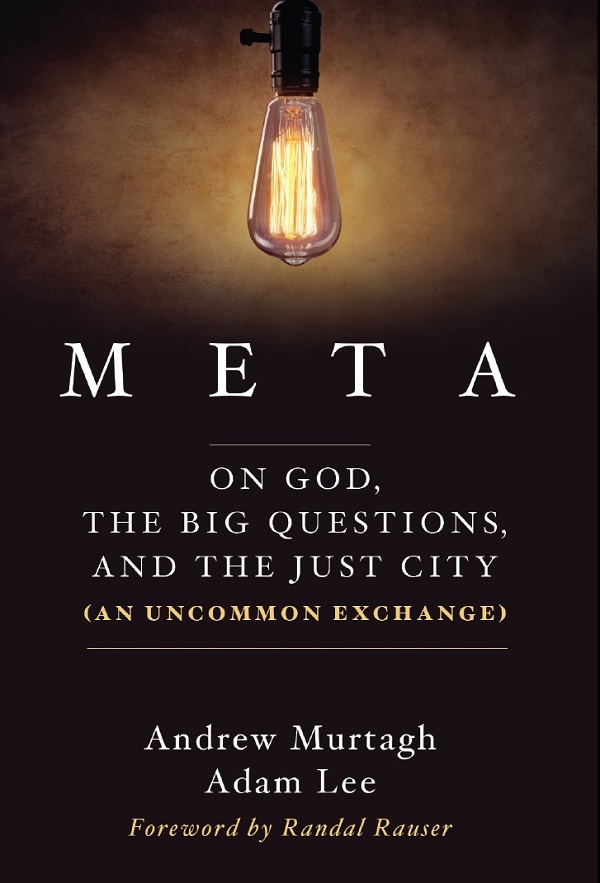
For better and for worse, 2017 is almost over. Borrowing a page from Libby Anne, I want to write about the most memorable books I read this year. If you have some of your own favorites to share, tell us about them in the comments!
Fiction
The Old Kingdom series, by Garth Nix
The medieval Old Kingdom exists side-by-side with its modern, industrial neighbor Ancelstierre, divided by a wall that forms an uneasy boundary between magic and science. The Old Kingdom’s guardians are a family line whose job is to make sure the dead stay dead. Reviewed here.
The Chalion series, by Lois McMaster Bujold
In a fantasy kingdom reminiscent of medieval Spain, the five gods walk among humanity, and one of them will grant your darkest desire for revenge at a high price. Reviewed here.
All Our Wrong Todays, by Elan Mastai
Tom Barren comes from the far-future year of 2016, where human civilization is an ultra-advanced, post-scarcity utopia with flying cars, teleporters and food replicators. Through an unlikely series of events, he’s chosen to take part in an experimental time travel project. But when he travels to the day the future began, he makes a disastrous mistake, and when he returns to 2016, it’s become a savage, violent dystopia. Now he’s the only one who knows what’s happened or has a chance of setting it right. The darkly comic twist is that the timeline he’s stranded in is our world.
The Sparrow, by Mary Doria Russell
In 2019, humanity discovers an alien civilization orbiting Alpha Centauri, and the first group to organize a mission to make contact are the Jesuits. They assemble a talented crew of engineers, linguists and missionaries, the finest that humanity has to offer. Decades later, the mission’s spaceship returns to Earth, but with only one survivor, physically crippled, broken in spirit, his faith in ruins. Russell’s novel has a vividly realized cast of characters and a powerful lesson on how catastrophe can come from the best intentions.
Lincoln in the Bardo, by George Saunders
Saunders’ novel is based on the apparently-true historical fact that, after the untimely death of Abraham Lincoln’s son Willie, the grief-crushed president went to the crypt to mourn over his boy’s body. In sparse dialogue, like a play, mixed with excerpts from contemporary press clippings (some real and some invented), Saunders retells this story from the perspective of Willie, who’s in a limbo between life and death along with a motley crew of other spirits who are clinging to this world and refusing to move on. An offbeat story that mixes Christian imagery with a very Buddhist moral about life, death, grief and the attachments we form to our transient loved ones.
So Much Cooking, by Naomi Kritzer
A novella about an apocalyptic plague, as told through a Midwestern housewife’s recipe blog. This resonated with me, because I’ve also played the mental game of looking through my cabinets and wondering, if some natural disaster struck, how long my family could live just on the food we keep in our house. (Read it online)
Nonfiction
Hidden Figures, by Margot Shetterly
The true story of the black women mathematicians and engineers who helped America win the space race. Reviewed here.
The Poisoner’s Handbook, by Deborah Blum
The birth of forensic science in Jazz Age New York. When cyanide was used to fumigate hotel rooms, Prohibition-era speakeasies served drinks adulterated with deadly wood alcohol, and arsenic could be bought over the counter at every pharmacy, it was no small task to determine how someone died and whether foul play was involved. Blum, a Pulitzer-winning science journalist, chronicles the scientists who transformed the brand-new knowledge of chemistry into a set of practical tools.
The Secret History of Wonder Woman, by Jill Lepore
The until-now untold story of the man who created Wonder Woman, the first feminist superhero: William Moulton Marston, a Harvard-educated psychologist whose other claim to fame is the invention of the lie detector (hence, the magical lasso). Marston was a colorful, eccentric character who lived in a polyamorous marriage and espoused strange psychological theories about dominance and submission that formed the basis of the comic book. Lepore tells the story of his connections to feminist icons, especially Margaret Sanger, and how he and the character he created bridged the first and second waves of the feminist movement.
Do No Harm, by Henry Marsh
A veteran neurosurgeon reflects on his career, the lives he’s saved and the ones he couldn’t. While in many respects the author lives up to the stereotype of surgeons as arrogant and callous, it’s also bluntly honest about the humanity and fallibility of doctors, the terrible consequences of making a mistake on the operating table, and how healers learn to live with themselves when it happens.
P.S. And because I have to mention it: My new book Meta, written with Andrew Murtagh, is now available on Amazon and direct from the publisher Wipf & Stock. Stay tuned for more announcements and book-tour events starting early next year!

Header image credit: Ava Lowery, released under CC BY 2.0 license